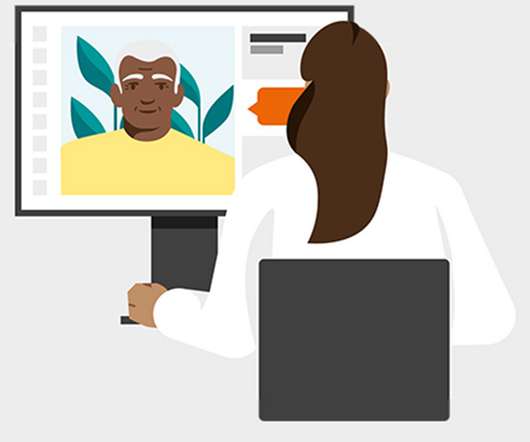Reuters Health: Telemedicine surging in US but still uncommon
mHealth Insight
NOVEMBER 28, 2018
“Although telemedicine visits have increased sharply in the U.S. in recent years, the vast majority of American adults still receive care from doctors in person rather than via remote technology, a new study suggests. In the real world successful mHealth applications were commonplace in 2009.





















Let's personalize your content